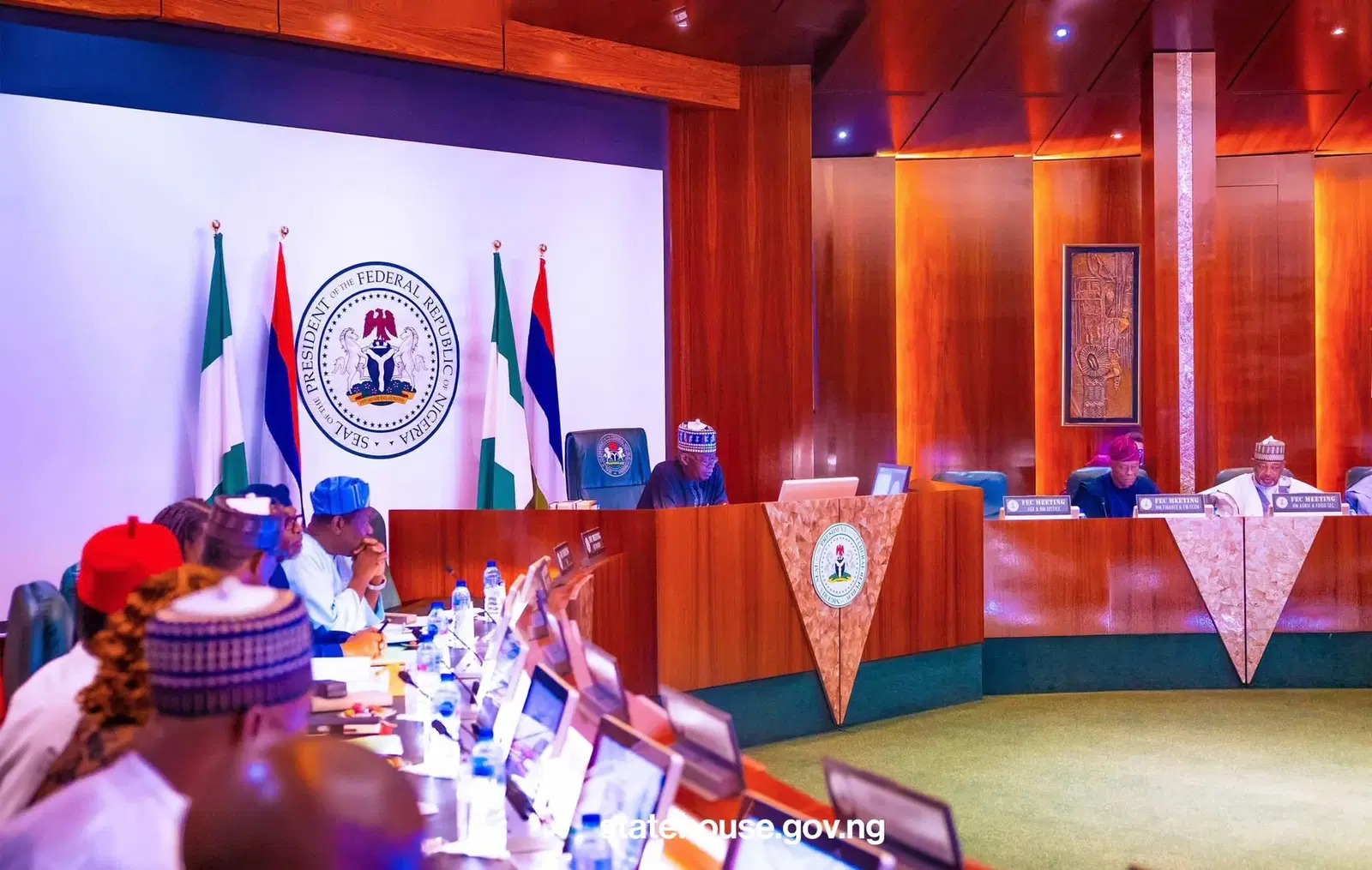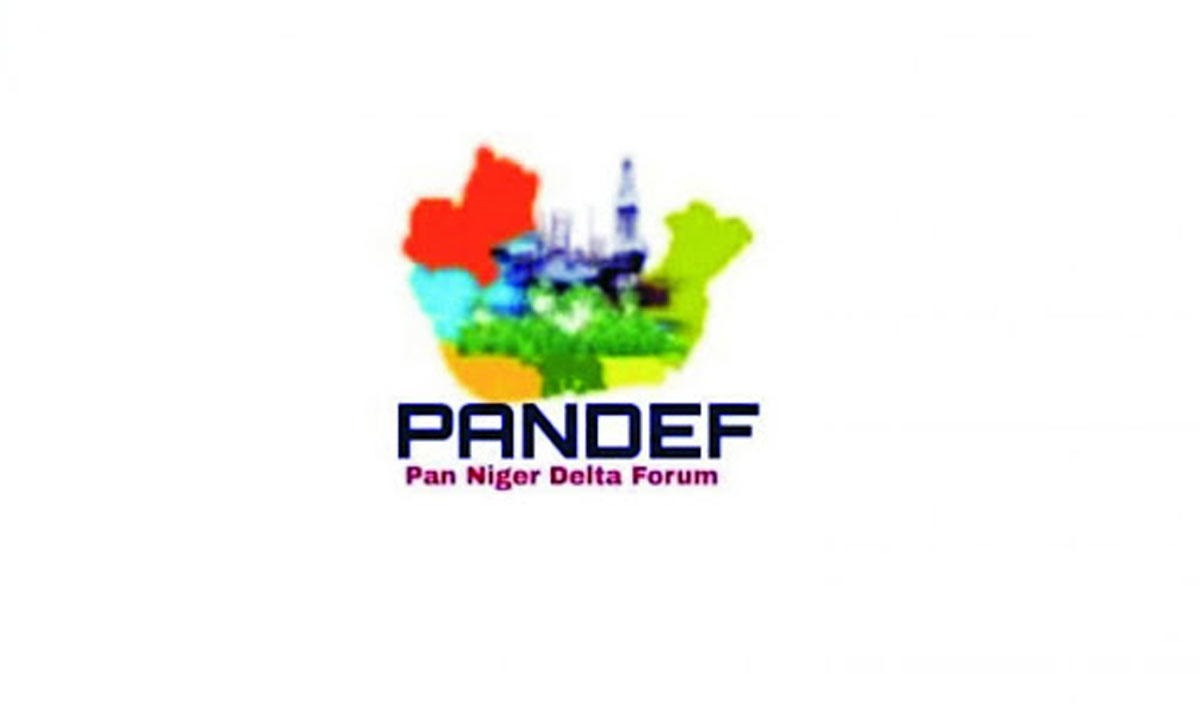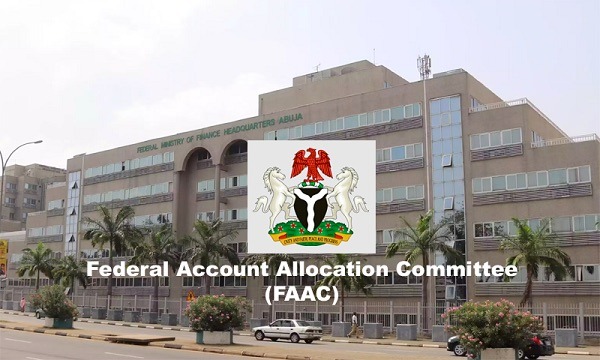The Federation Account Allocation Committee (FAAC), has shared N1.678 trillion among the Federal Government, states and the Local Government Councils (LGCs) for the month of February. This is according to a communiqué issued by FAAC and made available by Bawa Mokwa, the Director, Press and Public Relations, Office of the Accountant-General of the Federation (OAGF). …


